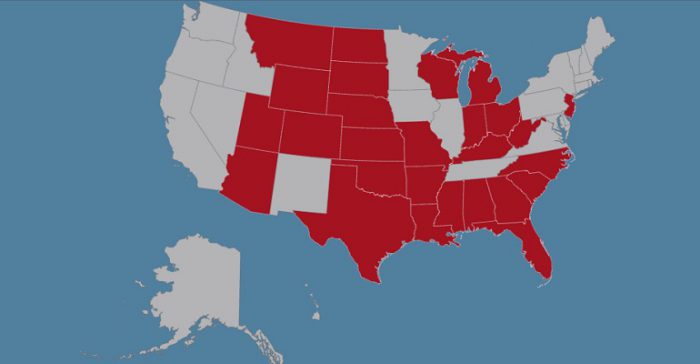Max Twogood for Zondits, February 16, 2016
The Clean Power Plan (CPP) is a series of regulations that form the basis for President Barack Obama’s policy to slow down climate change by increasing renewable energy and reducing carbon dioxide emissions. Twenty-seven states along with Murray Energy – the country’s largest coal mining company – have now issued suit against the Environmental Protection Agency (EPA), contending that the plan is illegal. These states are demanding that the Court of Appeals for the District of Columbia overturn the ruling and cease implementation immediately.
Questions of administrative authority are not new. In 1984, Chevron v. NRDC set the precedent for administrative deferral, wherein the interpretation of statutes issued by Congress is deferred to the expertise of the agency administering them. In conclusion to the case, it was the opinion of the court that “if the statute is silent or ambiguous with respect to the specific issue, the question for the court is whether the agency’s answer is based on a permissible construction of the statute.” (Chevron U.S.A. v. NRDC)
Any time policy breaches the line of private business, resistance will meet it, and it certainly has for the CPP. It is widely noted that the states pressing this legal action have a higher dependence on coal.
The EPA holds that the CPP is completely within its authority and is sound due to its strong scientific and legal foundations and the flexibility it grants states to design and implement their individual plans. Fifteen states and four environmental groups, including the NRDC, intend to intervene in support of the EPA, arguing not only the legality of the CPP but also the necessity in reducing the damaging effects of climate change. One of the states supporting the CPP is New York, which recently launched its Reforming the Energy Vision initiative. Governor Andrew Cuomo has stated that he expects this plan to exceed the expectations of CPP.
The twenty-seven states’ suits have to be settled in court before the CPP can be implemented. Legality aside, the court process alone can delay the implementation of the CPP by several years.
